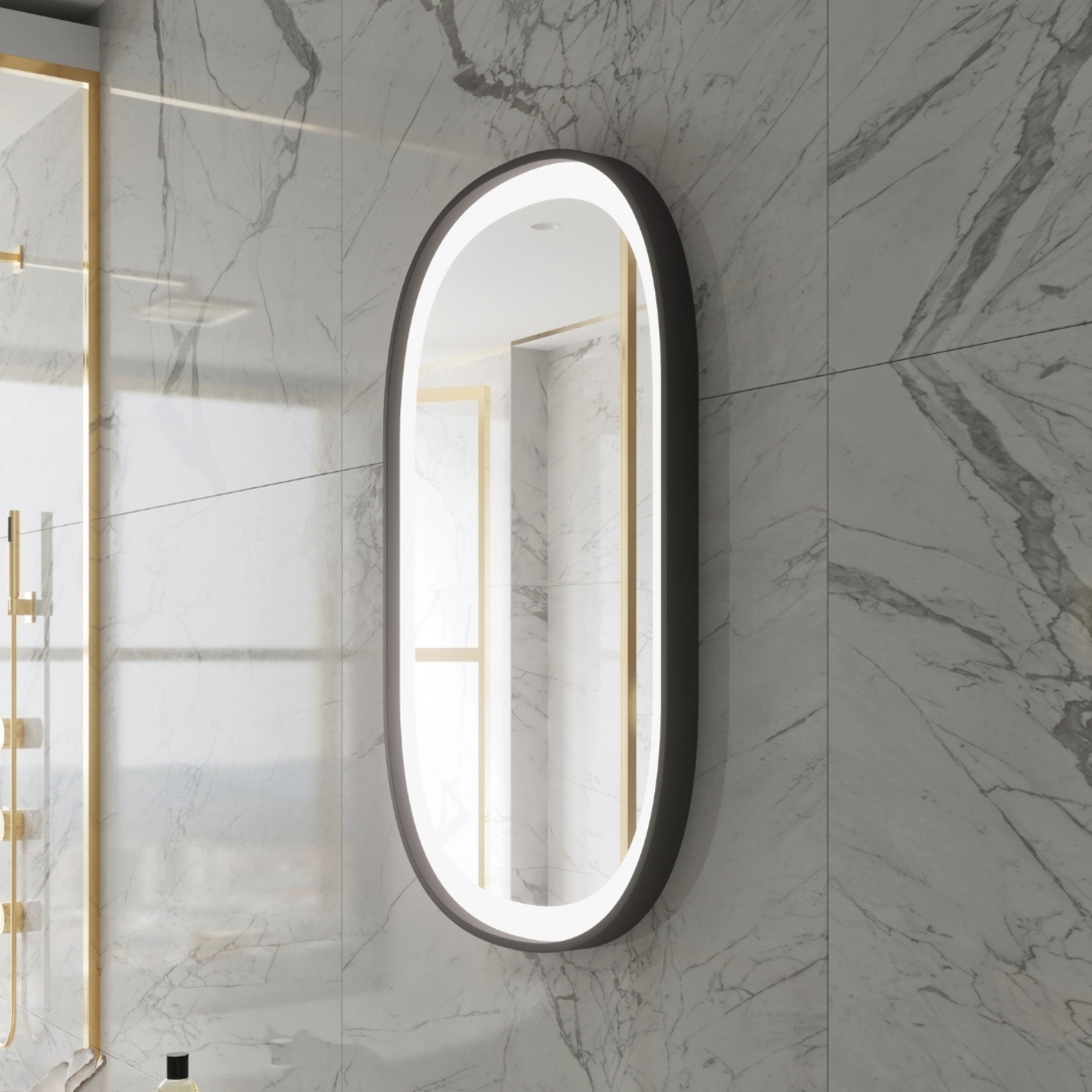The Environmental Impact of LED Mirrors

The Environmental Impact of LED Mirrors
LED mirrors, also known as lighted mirrors, are not only a stylish and functional addition to any home but also an environmentally friendly choice. The use of LED technology in these mirrors significantly reduces energy consumption and carbon footprint, making them a sustainable option for eco-conscious homeowners.
One of the primary environmental benefits of an LED mirror is its energy efficiency. LED lights use significantly less electricity compared to traditional incandescent or fluorescent bulbs. This reduced energy consumption translates to lower greenhouse gas emissions, contributing to a decrease in overall carbon footprint. By choosing a lighted mirror with LED technology, you are making a positive impact on the environment.
Additionally, LED lights have a much longer lifespan than traditional lighting options. An LED mirror can last for up to 50,000 hours, meaning you won't need to replace the bulbs frequently. This longevity reduces the amount of waste generated from discarded light bulbs, further contributing to environmental conservation. The durable nature of LED lights in a lighted mirror also means fewer resources are needed for manufacturing replacements.
LED mirrors often come with adjustable lighting settings, allowing you to customize the brightness to suit your needs. This feature helps in conserving energy, as you can lower the light intensity when full brightness is not required. The ability to adjust the lighting in your lighted mirror also ensures optimal illumination, reducing the strain on your eyes and enhancing your overall experience.
The manufacturing process of LED lights is also more environmentally friendly compared to traditional bulbs. LED lights do not contain harmful chemicals like mercury, which is commonly found in fluorescent lights. This makes the disposal of LED lights safer for the environment. When you choose an LED mirror, you are opting for a product that minimizes environmental harm throughout its lifecycle.
In summary, the environmental impact of LED mirrors is significantly lower compared to traditional lighting options. By reducing energy consumption, lowering greenhouse gas emissions, and minimizing waste, an LED mirror is a sustainable choice for homeowners. Investing in a lighted mirror with LED technology not only enhances your home’s aesthetics and functionality but also supports environmental conservation efforts.
